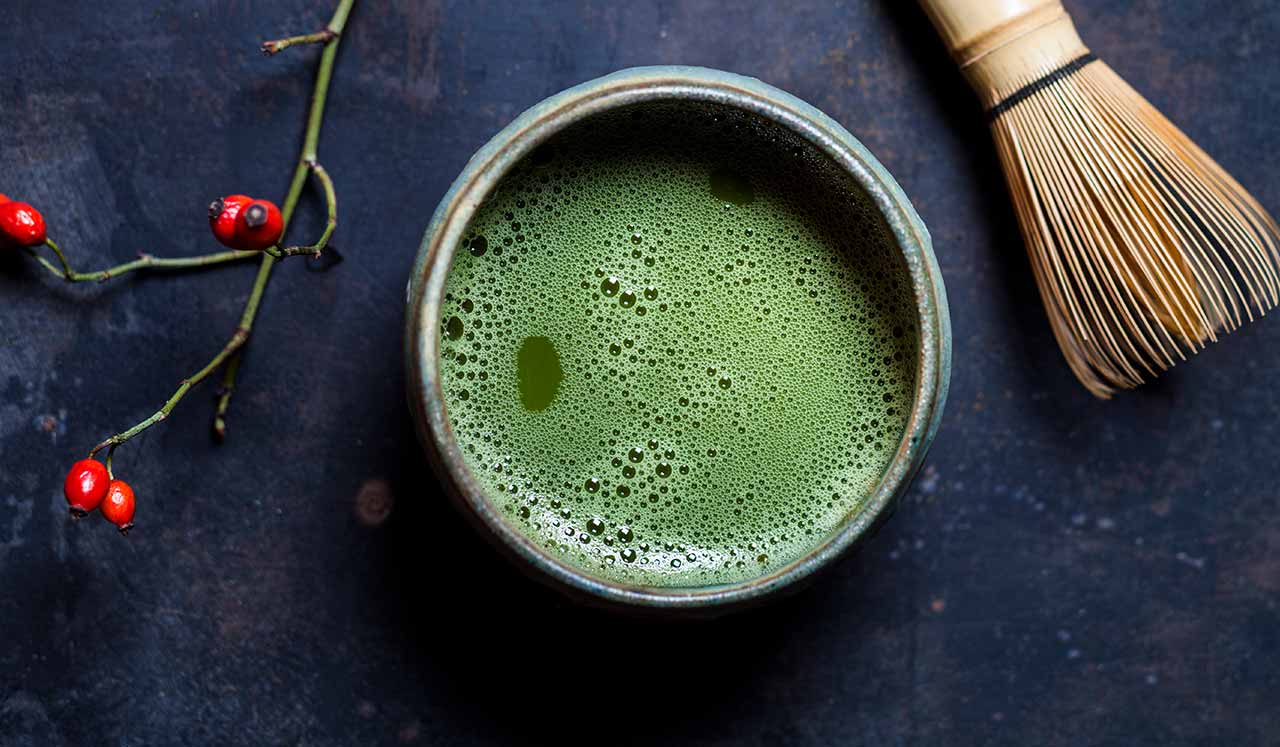When it comes to the trendiest drinks and additives on the market, what you hear isn’t necessarily what you get.
“Be cautious of what you overhear at the gym or read in celebrity interviews,” says Christina Curry King, MS, RD, LD, sports dietitian at Memorial Hermann | Rockets Sports Medicine Institute. “Supplements aren’t well regulated in the United States. It’s easy to put junk into a beverage and label it as something else.”
Not just one supplement gives celebrities great bodies: it’s more their lifestyle.
That said, not all the latest beverages with boosters are bad for you.
Here’s the lowdown on liquids from King and her colleague, Molly Wong Vega, MS, RDN, LD, sports dietitian at Memorial Hermann | Rockets Sports Medicine Institute.
Adaptogens.
Claim: Ginseng, gingko, reishi and other herbals plants—known as adaptogens—slash stress and promote healing.
Truth: Not known. Though long used in Chinese medicine, there’s not a ton of conclusive research, and so far herb studies have been mostly in animals and petri dishes—not humans, King says.
Danger: What’s known is that such supplements interfere with aspirin, diuretics and anticoagulants used for high blood pressure and also pain drugs, including aspirin and non-steroidal anti-inflammatory drugs such as Advil®, Motrin®, Aleve® and Celebrex®.
According to King, herbs and other additions could interact with your prescribed medications. “You should talk with your medical provider or pharmacist before starting any supplement,” says King.
Activated Charcoal Water.
Claim: These detoxify your body.
Truth: Your body detoxifies itself via your liver and kidneys. “Taken in smaller doses, as in drinks, activated charcoal is useless,” King says.
Large doses are used in emergency medicine settings to bind drugs in cases of poisoning or overdosing.
Danger: Small amounts of activated charcoal may bind with vitamins and minerals, thwarting your body’s use of micronutrients.
Alkaline Water.
Claim: This drink adjusts your pH to healthy levels.
Truth: “Your body tightly regiments the pH of your blood at 7.4 via your kidneys, respiration and buffer systems,” King says. “Whether food is acidic or basic does not alter that pH in the slightest. If that pH balance were to change the consequences would be deadly.”
Danger: None, but benefits are negligible.
Protein Waters.
Claim: For those who struggle to get enough protein in their diet, these are a healthy alternative to traditional protein drinks according to King and Vega.
Truth: Our dietitians are divided on the benefits. “You’re better off meeting your protein needs via real (solid) food,” Vega says. “If you’re always on the go, it becomes a convenience. Just make sure you get as much protein as you need.” She still prefers protein shakes, which can contain more protein while being palatable.
King sees them as a healthy alternative to traditional protein drinks for those who struggle to get enough protein in their diet. “If you don’t like creamier shakes, this is a cool new way to get protein in the form of whey isolate,” says King. “It won’t upset your stomach if you’re lactose intolerant.”
Danger: None, but benefits are negligible.
Collagen.
Claim: Drinking collagen will keep your skin taut and youthful. It also will heal ligaments.
Truth: Dream on. Nothing we drink or eat firms our jawline according to King. “As we get older, we make less collagen, but supplements have no effect on our skin, hair and nails,” explains King.
They tighten one thing only: our bank account. “Collagen water is pretty expensive.” King adds.
Coconut Water.
Claim: Imbibing coconut water replenishes your electrolytes and cures hangovers.
Truth: “The electrolyte content greatly varies between brands and is no better at rehydrating than water and sports drinks,” King says. According to Vega, the latter provide potassium, sodium and carbohydrates after an intense workout.
Coconut water fails to deliver carbohydrates and sodium – “the primary things you need after a marathon or extreme exercise,” Vega adds. “If you like the flavor and are more likely to drink it to replenish fluids, then do so. Just lower your expectations.”
Your weight loss efforts may fail. And be sure to check the calorie count. “People might be shocked at how many calories they’re drinking in some beverages,” says Vega.
Watermelon Water.
Claim: Watermelon contains L-citrulline, which hikes nitric oxide production, relaxing your arteries and amping up blood flow. And that aids with erectile dysfunction and speeds healing of wounds.
Truth: The non-essential amino acid is found mostly in the rind, so even when you juice watermelons, you don’t get enough of the supplement to make a difference. That may be a good because forsaking prescribed medications or mixing in supplements is risky according to Vega. “There aren’t enough studies to know how much citrulline would be beneficial,” says Vega.
“Just because Beyonce endorses it doesn’t mean you should too,” says King. “Watermelon water is really expensive, and not just one supplement gives celebrities great bodies: it’s more their lifestyle, which includes a personal chef and trainer.”


